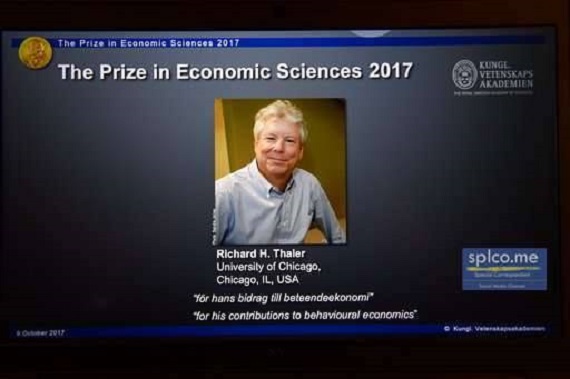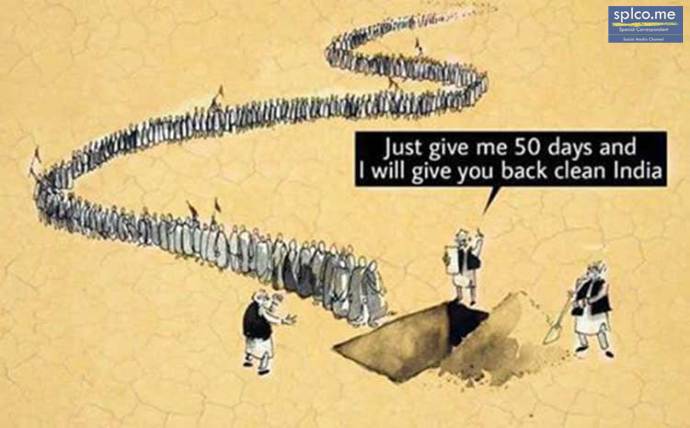Awarding the 9 million Swedish crown ($1.1 million) prize, the Royal Swedish Academy of Sciences said: "Richard Thaler's contributions have built a bridge between the economic and psychological analyses of individual decision-making". "His empirical findings and theoretical insights have been instrumental in creating the new and rapidly expanding field of behavioural economics, which has had a profound impact on many areas of economic research and policy".

His work even earned him a glamorous foray into the movie business when he made a cameo appearance, alongside Christian Bale, Steve Carell and Ryan Gosling, in the 2015 movie "The Big Short" about the credit and housing bubble collapse that led to the 2008 global financial crisis.
Thaler developed a model for explaining how people tend to focus on the narrow impact rather than the overall effect of each decision they make, which is called limited rationality.
This includes the study of how people's loathing of losses can explain why they value the same things more when they own them as opposed to when they don't, which is called the endowment effect.
Influential in theoretical and experimental research on fairness, Thaler showed "how consumers' fairness concerns may stop firms from raising prices in periods of high demand, but not in times of rising costs", the Nobel economics committee said in a statement.
Thaler brought to prominence the idea of "nudge" economics, where individuals are subtly guided toward beneficial behaviours without heavy-handed compulsion, the theme of a 2008 book he co-wrote which caught the eye of policymakers around the world.
In researching how self-control - or the lack of it -Thaler touched on an age-old problem: why New Year's resolutions to change aspects of your life are notoriously hard to keep.
The issue has relevance for economics as individuals' tendency to fall prey to temptations often negatively affects plans to, for instance, save for retirement.
Using a planner-doer model, Thaler showed how short-term temptations disrupt people's plans to save for their old age, rainy days or live a healthier lifestyle.














